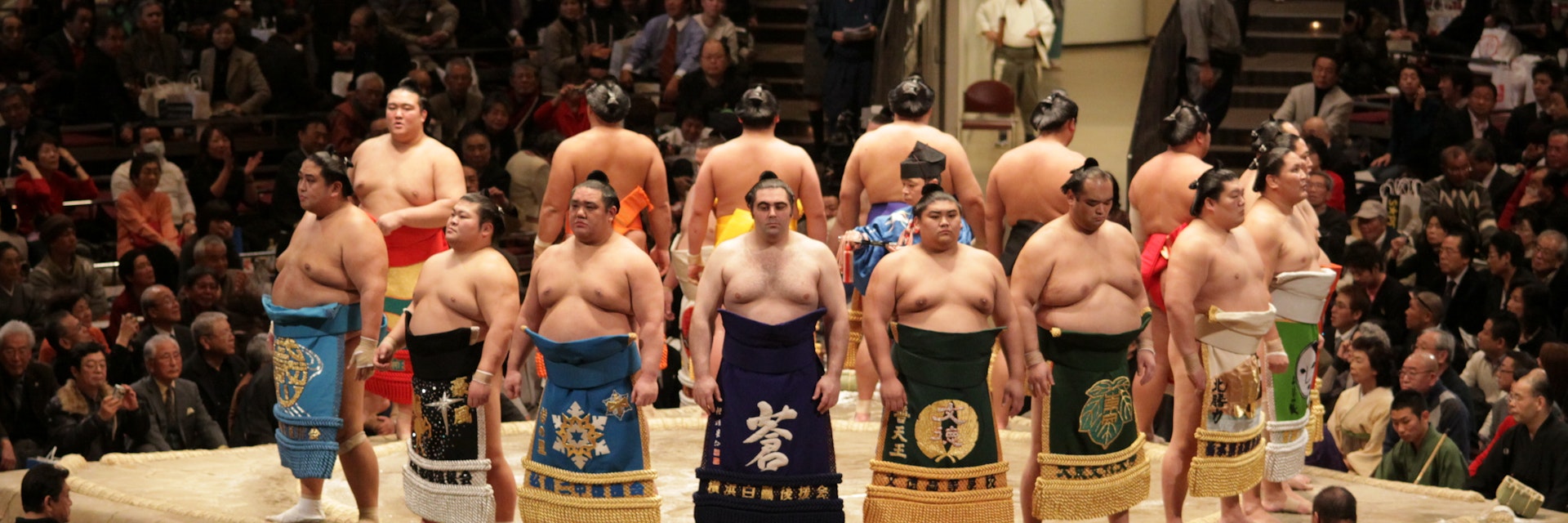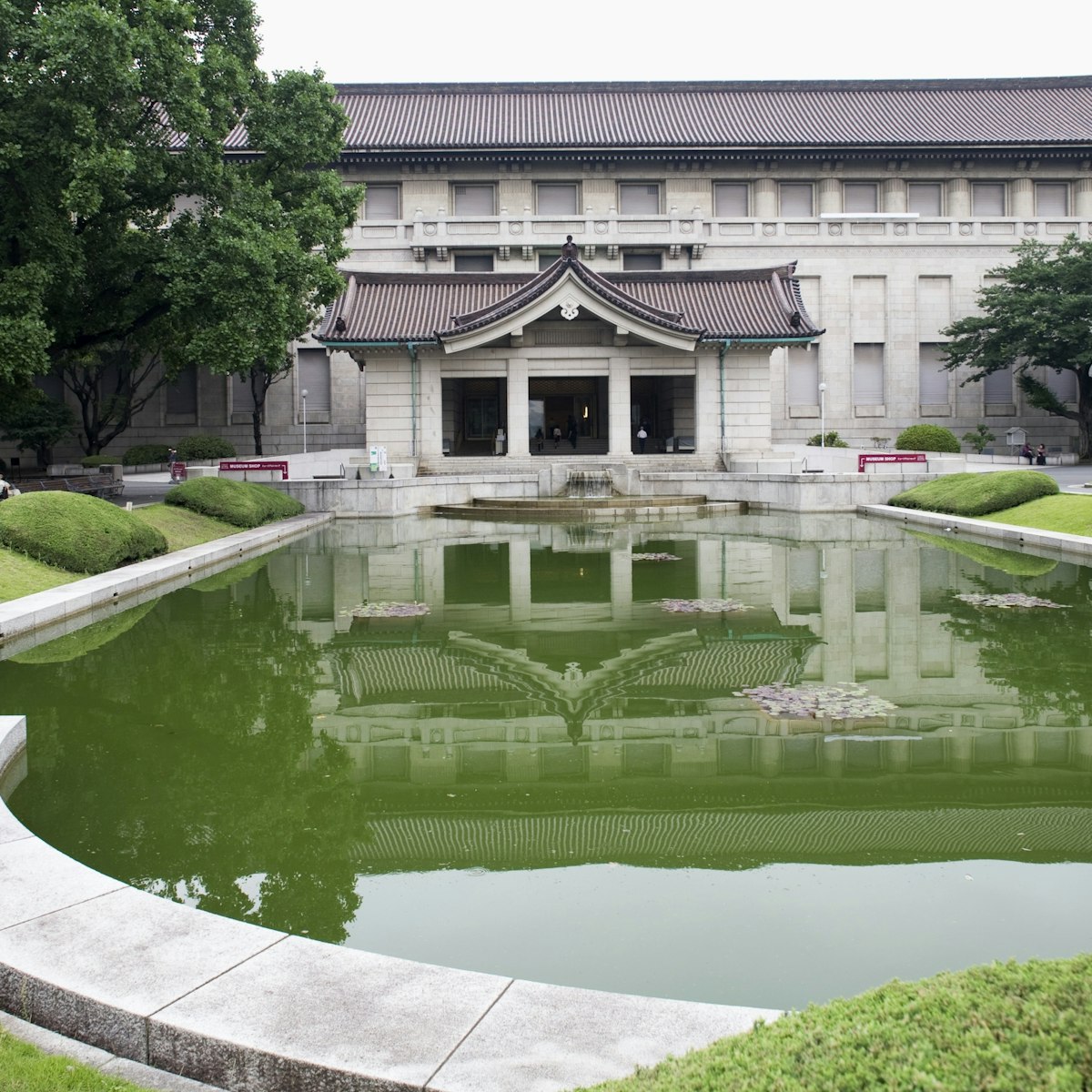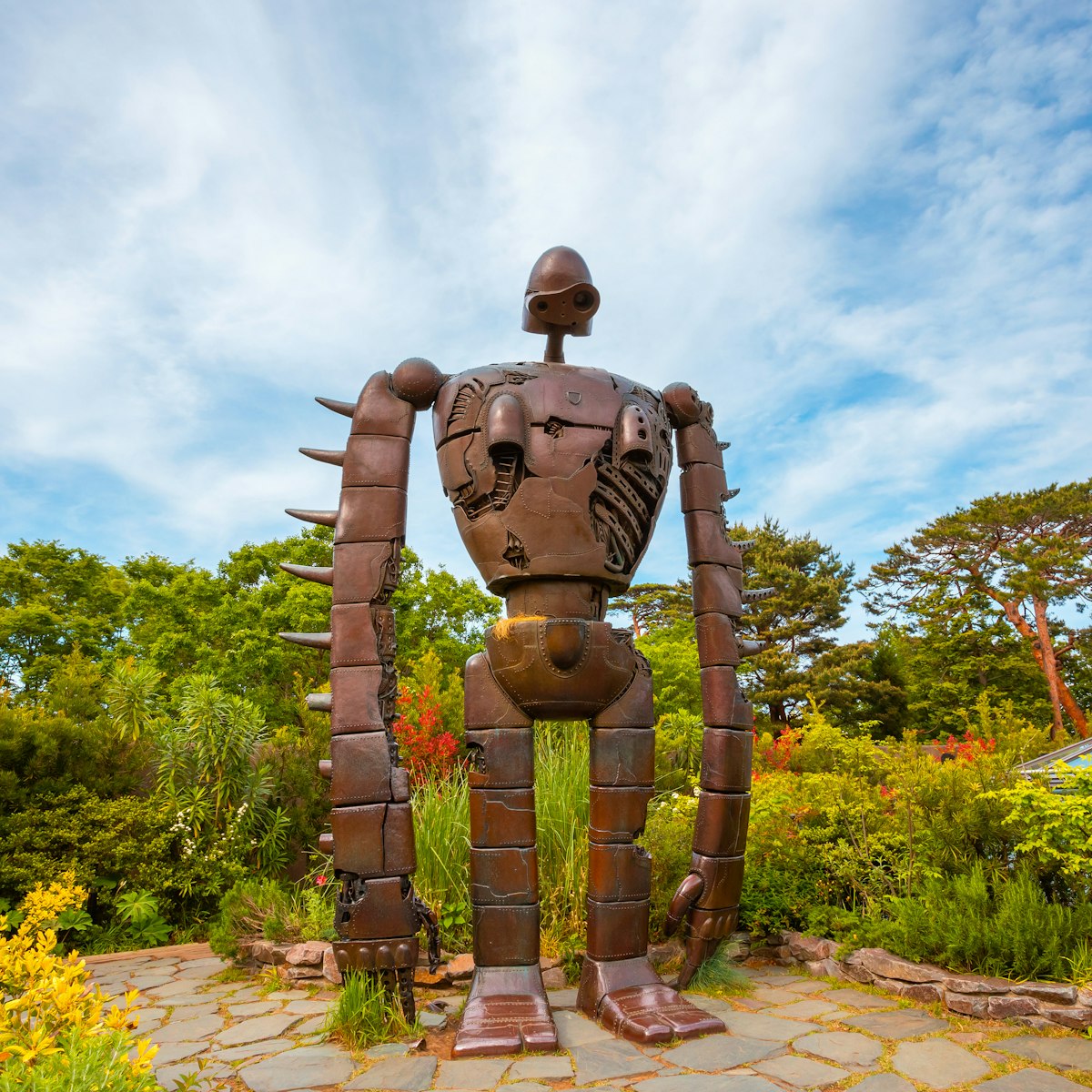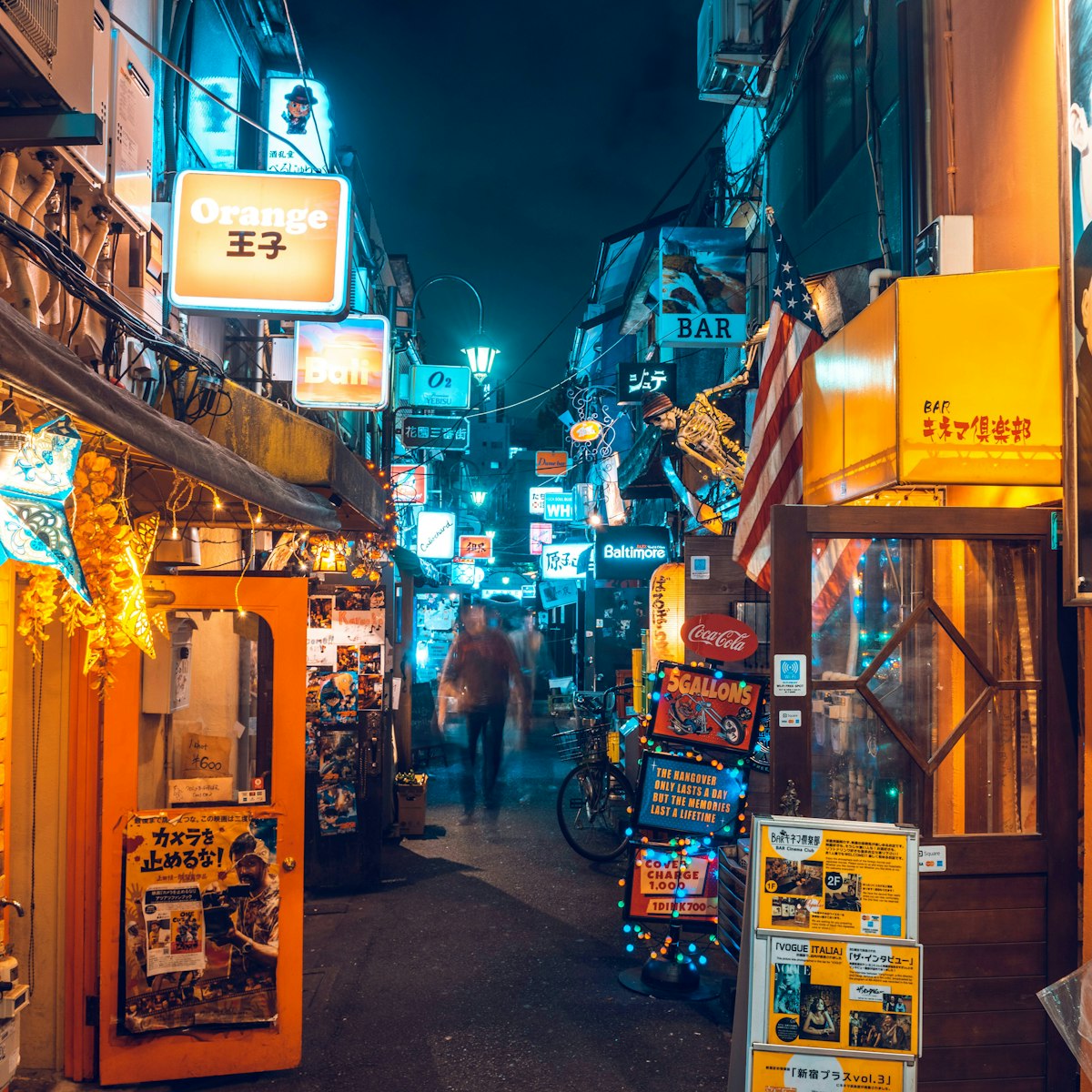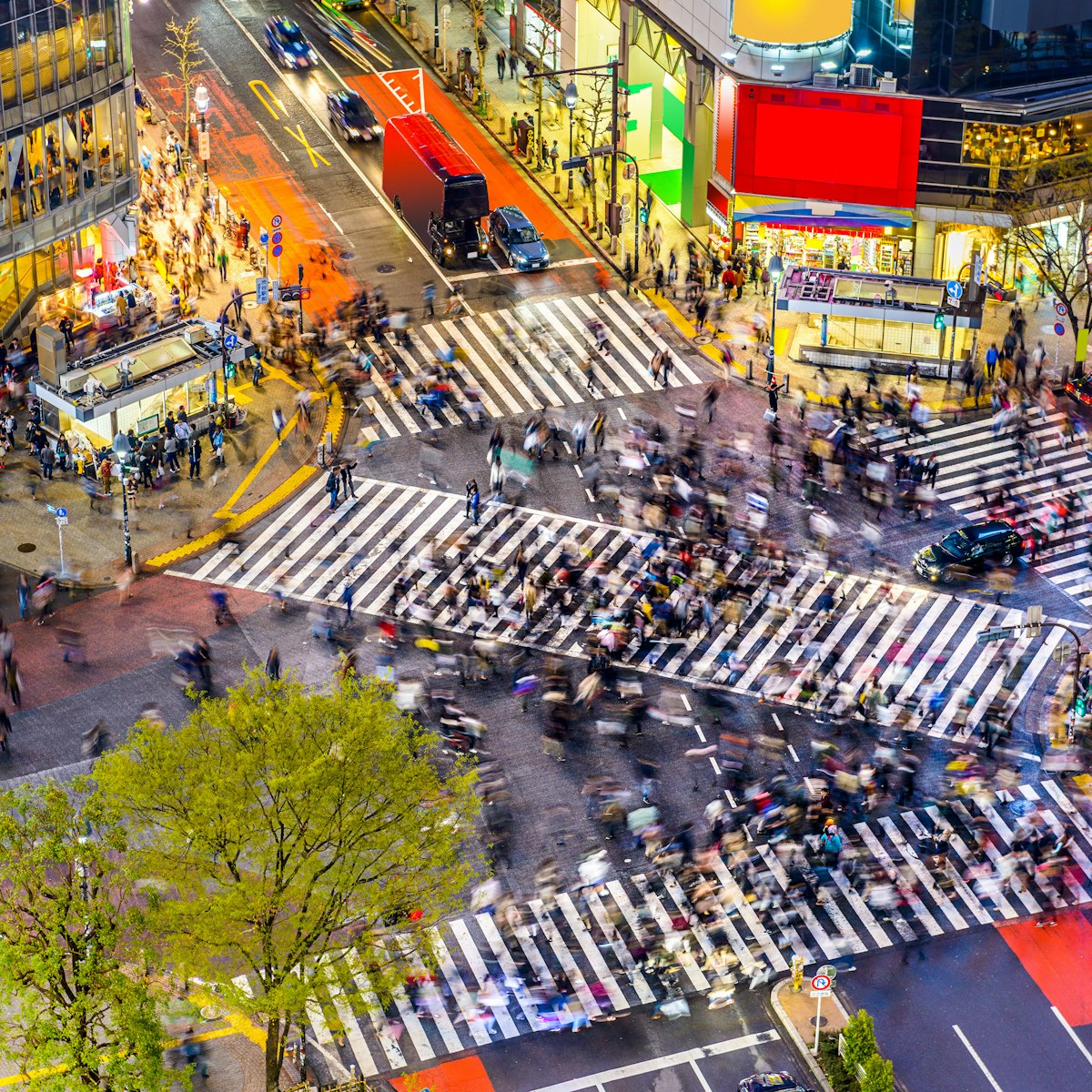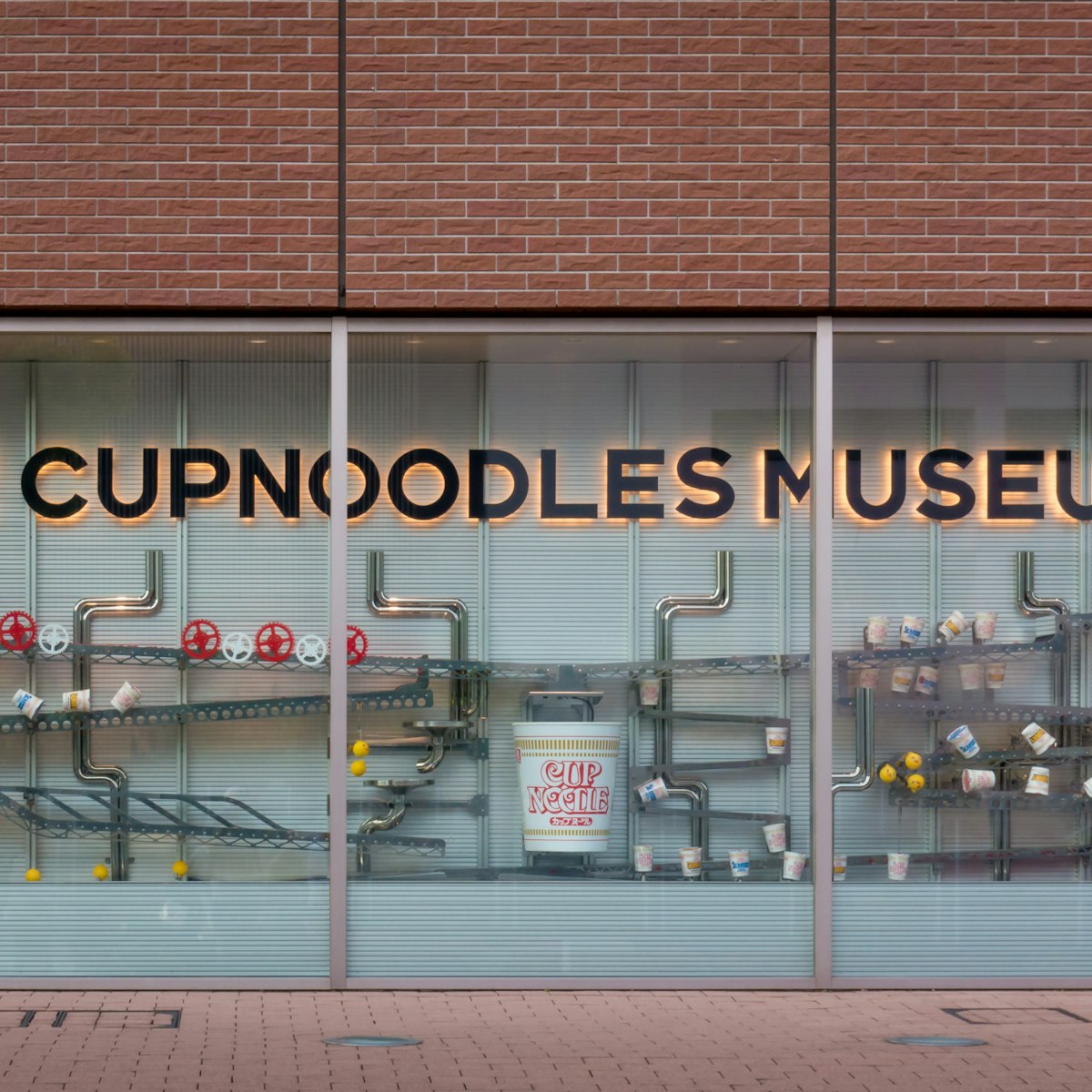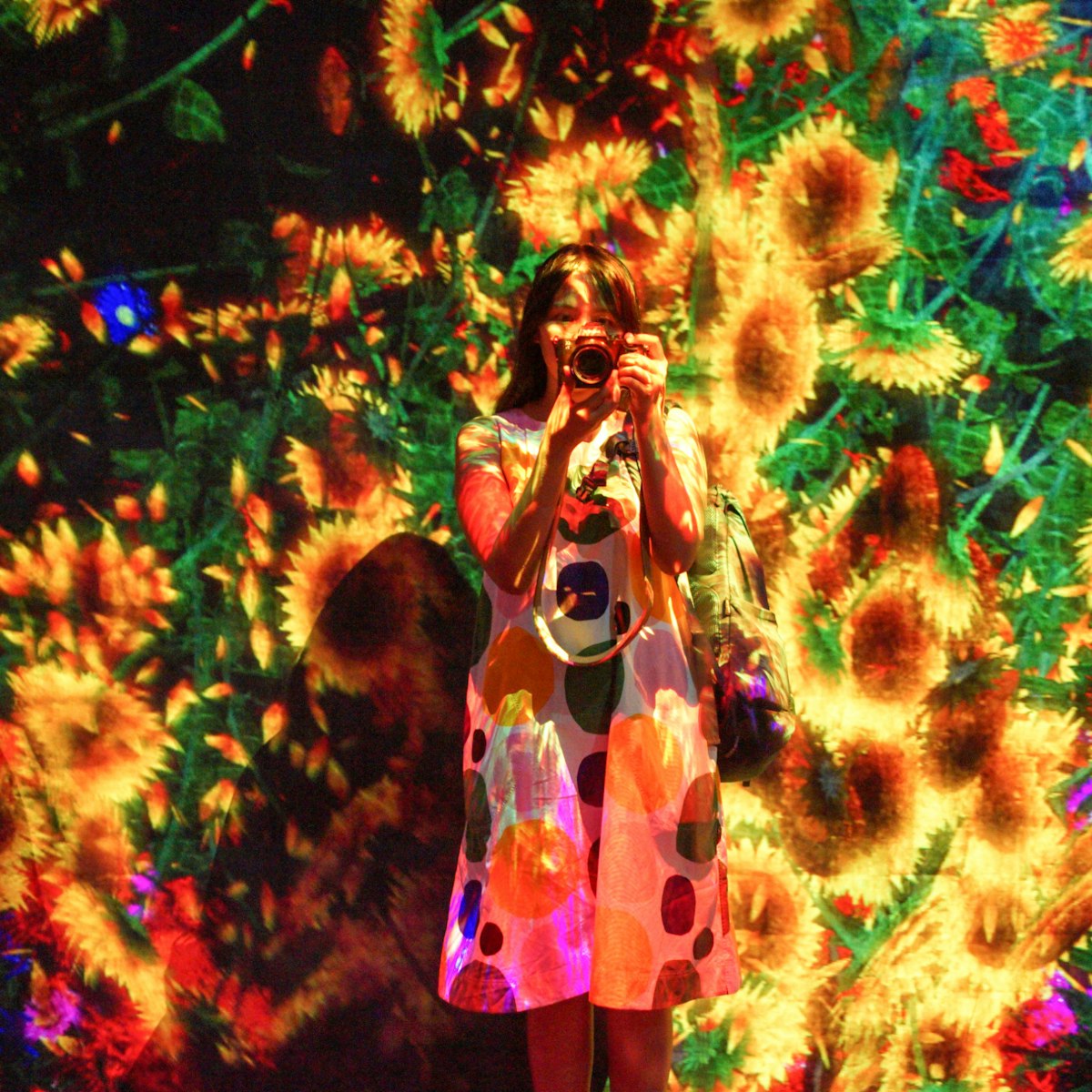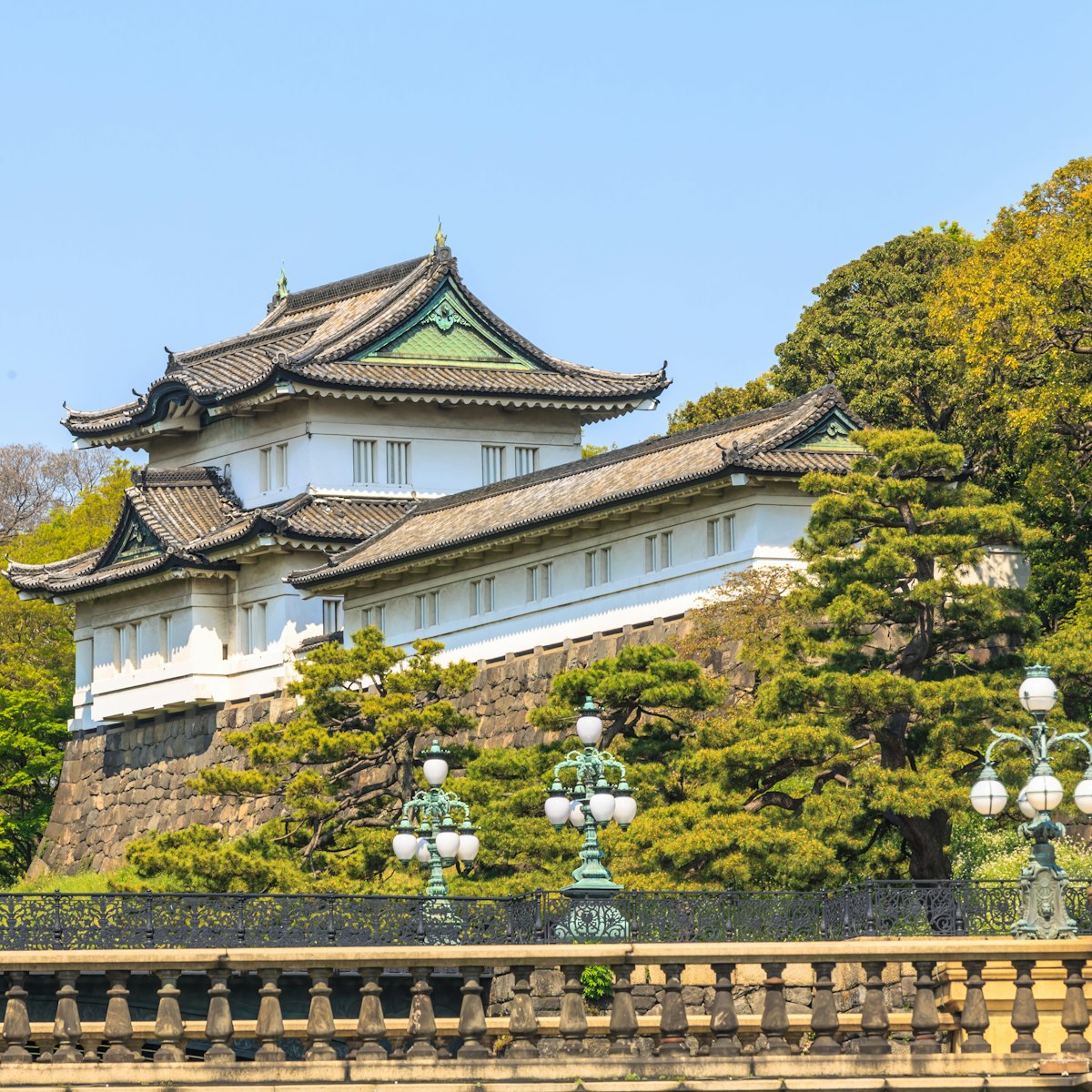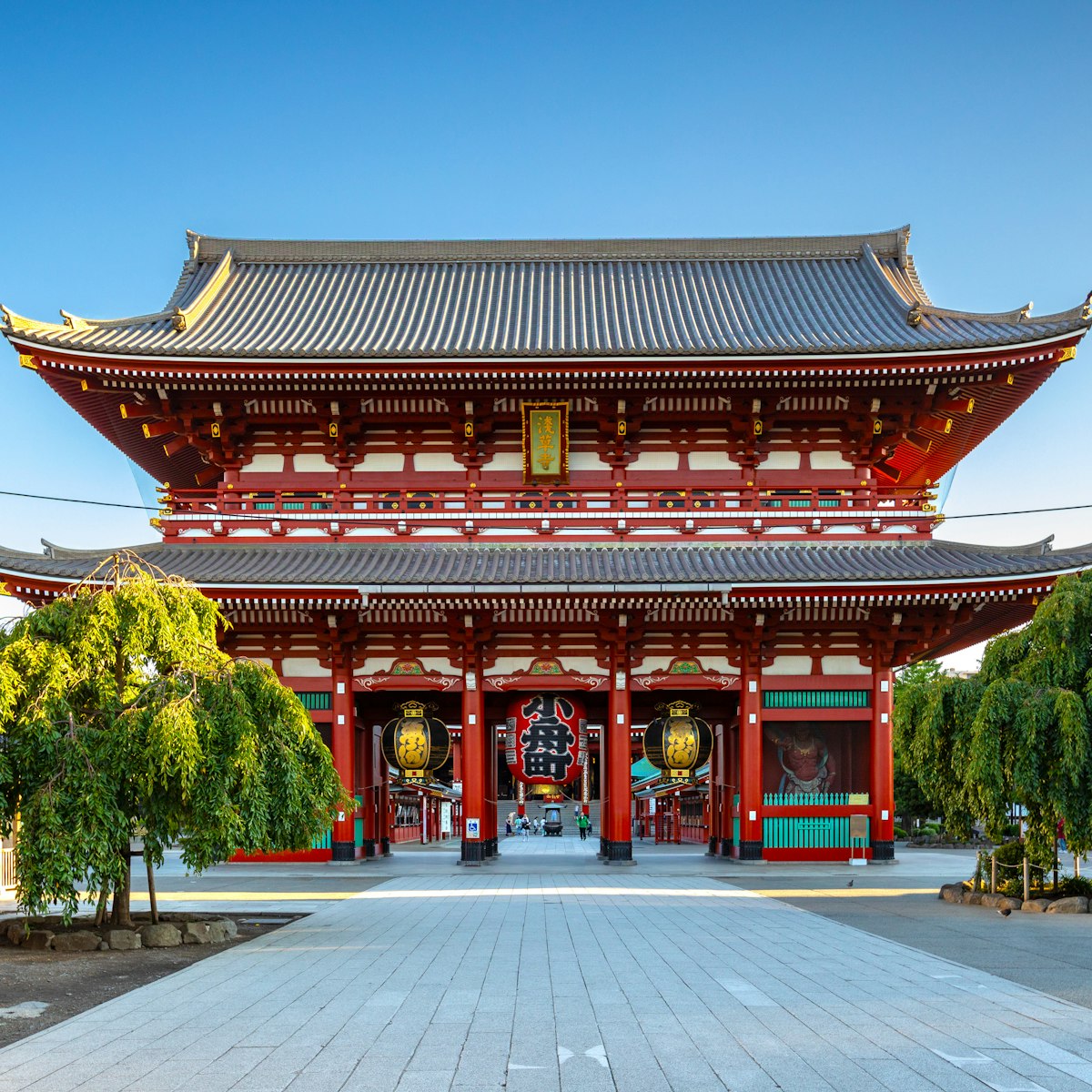If you’re in town when a tournament is on, don't miss the chance to catch the big boys of Japanese wrestling in action at the country's largest sumo stadium. The main spectacle starts 3.40pm when the makuuchi (top division) wrestlers parade into the ring. Advanced tickets must be purchased through Ticket Oosumo (http://sumo.pia.jp/en), up to five weeks before the start of the tournament.
Tournaments run for 15 days each January, May and September. Doors open at 8.30am, but the action doesn’t heat up until the senior wrestlers hit the ring around 2pm.
For the opening and closing days and the days in between that fall on the weekend you can expect advance purchase seats to sell out quickly. In addition to advanced tickets, 400 general-admission tickets (¥2200; cash only) are sold on the day of the match from 8am at the box office in front of the stadium. You'll have to line up very early (at the latest from 6am) to buy one and everyone in your party must be present (only one ticket purchase per person is allowed, children included); weekdays mid-tournament are your best bet.
If you arrive in the morning when the stadium is still fairly empty, you can usually sneak down to the box seats for a closer view. Rent a radio (¥200 fee, plus ¥3000 deposit) to listen to commentary in English. Stop by the basement banquet hall to sample chanko-nabe (the protein-rich stew eaten by the wrestlers) for just ¥300 a bowl.
